SAP service and support audit confirms that Clariba can support its customers in accordance with SAP’s current technical and organizational standards, thereby receiving the Partner Center of Expertise (PCoE) Certification.
On the 30th of May Clariba employees received the amazing news – They had passed the final audit and SAP was granting Clariba Support Center with the PCoE certification.
This was the finishing line of a process that started in 2011 and took a lot of effort from Clariba Support Center members, going from the installation of SAP Solution Manager (the system used to provide support), through certifying support center staff, creating all marketing materials and finally undergoing a 6-hour audit to evaluate if all requirements were in place.
“It’s been a very long and complex process, since it was our first experience with SAP native applications. Installing and configuring SAP Solution Manager has been a big challenge, but now it allows us to provide full SAP Enterprise Support to our customers. We use SAP Solution Manager to monitor our customer installations remotely as well as connect them with the resourceful SAP back-end infrastructure. In addition, SAP Solution Manager provides our support customers with a Service Desk available 24x7, to create and track their incidents and to ensure a fast and efficient service for very critical issues at any time” says Carolina Delgado, support manager at Clariba.
The Partner Center of Expertise (PCoE) certification affirms that the defined procedures, guidelines and certified support team members are available to provide qualified, timely and reliable support services for SAP BI Solutions.
“As a requirement for achieving the PCoE certification, all our support consultants have the Support Associate - Incident Management in SAP BusinessObjects certification and as a commitment to high quality and professionalism, we require all our consultants to be certified in the SAP BusinessObjects suite. Both accreditations ensure that our support staff has the required knowledge to efficiently address and resolve any technical issue that may arise. In addition, they can draw from a wide knowledge base that comes from many years of experience on SAP BusinessObjects installation and development as well as on a continuous interaction with the SAP community" mentions Carolina.
With this in place, Clariba Support Center can offer VAR delivered support to its clients, providing the knowledge and support tools for SAP BusinessObjects licenses through a single point of contact ─ a familiar, agile and available partner, ensuring that a defined and known point of contact is always available to customers in the event that any problems arise in their SAP BusinessObjects systems.
Carolina points out that the Key benefit is the proximity with customers and their environments. “In most cases we are maintaining BI systems which have been deployed by Clariba itself. This gives us the advantage of better understanding the customer's environment, so that we can provide a more accurate and tailored service.”
As a SAP Partner Center of Expertise (PCoE), Clariba can offer their clients
a fully qualified staff according to SAP quality standards;
real-life SAP BusinessObjects implementation, training and support experience;
a relationship with the client organization built on trust and past successes;detailed knowledge of the organization’s history, systems and business processes when the BI system has been deployed by Clariba;
staff trained for rapid issue resolution and focused on customer satisfaction;
very strong cooperation and relationship with SAP experts worldwide and an integrated support platform that ensures the best quality of service.
For more information on Clariba´s Support Center offerings visit http://www.clariba.com/bi-services/support.php



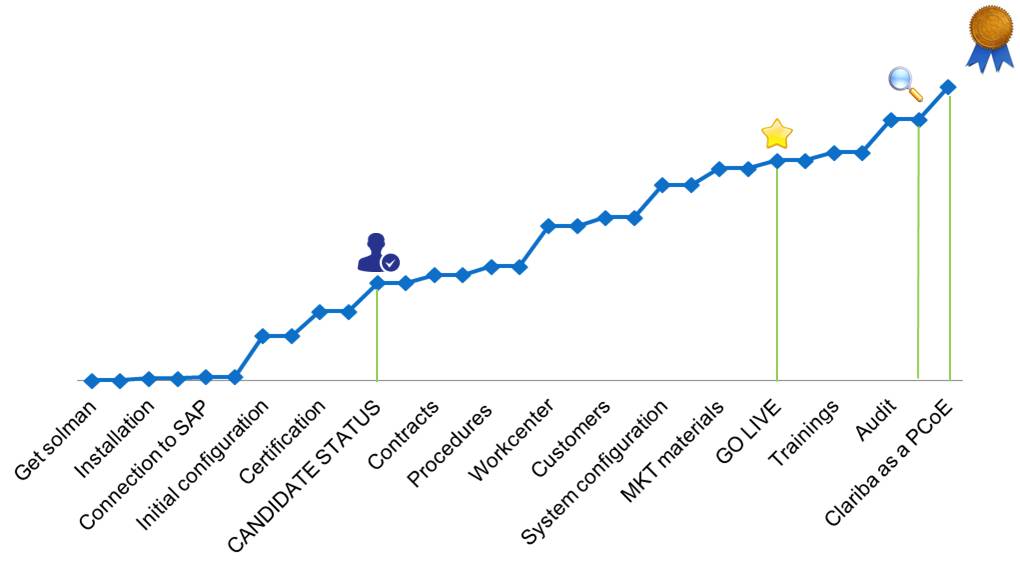
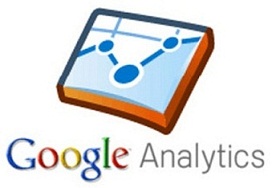
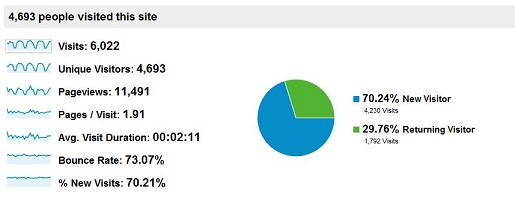

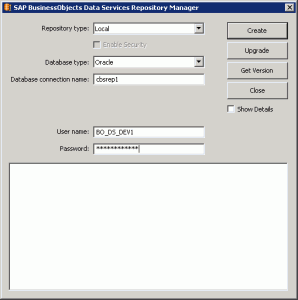
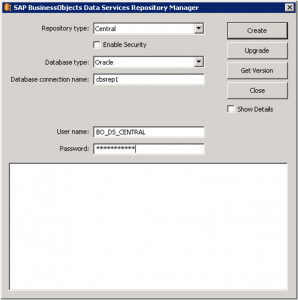
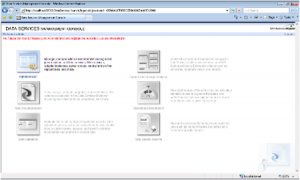
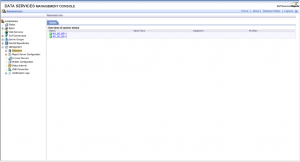
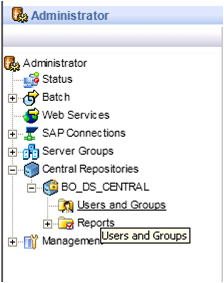

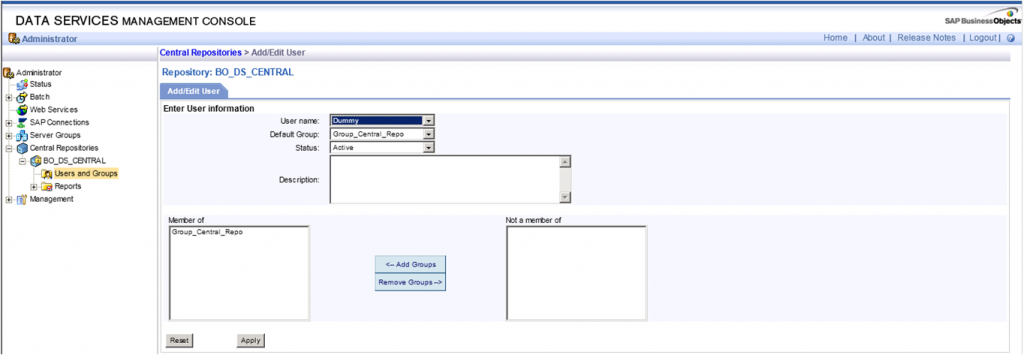
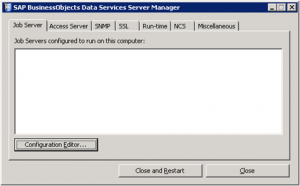
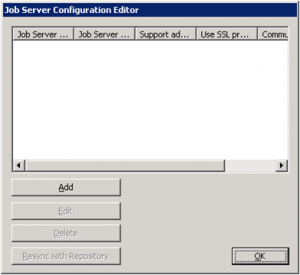
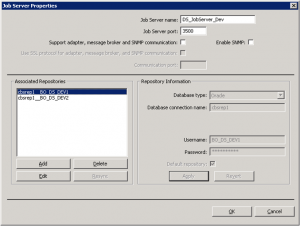




 Obtenga la posibilidad de tomar decisiones a cualquier momento visualizando los datos de su empresa desde su dispositivo móvil con Exxova MyBI
Obtenga la posibilidad de tomar decisiones a cualquier momento visualizando los datos de su empresa desde su dispositivo móvil con Exxova MyBI
